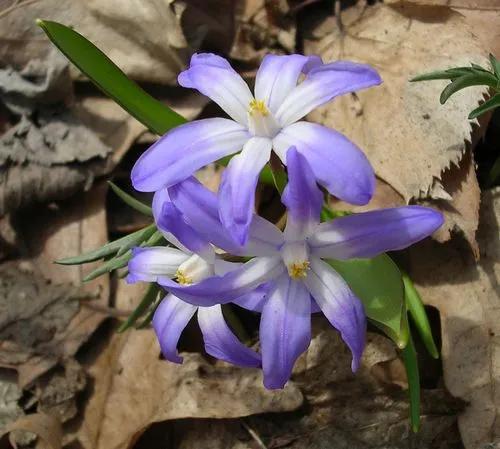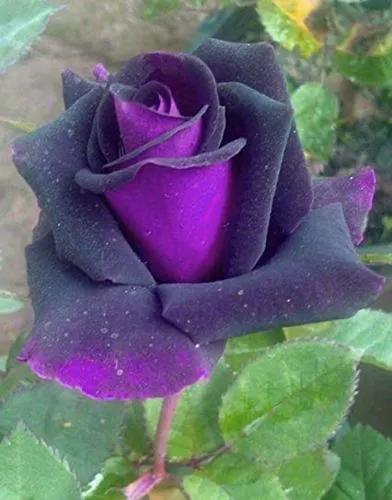Prunus persica grows up to 7 m (23 ft) tall and wide, but when pruned properly, trees are usually 3–4 m (10–13 ft) tall and wide.[8] The leaves are lanceolate, 7–16 cm (3–6+1⁄2 in) long, 2–3 cm (3⁄4–1+1⁄4 in) broad, and pinnately veined. The flowers are produced in early spring before the leaves; they are solitary or paired, 2.5–3 cm diameter, pink, with five petals. The fruit has yellow or whitish flesh, a delicate aroma, and a skin that is either velvety (peaches) or smooth (nectarines) in different cultivars. The flesh is very delicate and easily bruised in some cultivars, but is fairly firm in some commercial varieties, especially when green. The single, large seed is red-brown, oval shaped, around 1.3–2 cm long, and surrounded by a wood-like husk. Peaches, along with cherries, plums, and apricots, are stone fruits (drupes). The various heirloom varieties including the 'Indian Peach', or 'Indian Blood Peach', which ripens in the latter part of the summer, and can have color ranging from red and white, to purple.
Saturn Peach Care
Prunus Persica Var. Platycarpa



How to Care for the Plant

Water

Saturn Peaches are very adaptable to most soil types. Plant in a hole twice as wide but as deep as the root ball. After planting, cover the ground with a thick layer of mulch, but leave the area near the trunk bare. Watering: Water deeply after planting to settle the roots

Pruning

Conventional advice is to prune peach trees in late fall or early winter, after they have lost their leaves. For "Saturn" peaches, this is not recommended because it might reduce their cold tolerance and cause dieback of the branch tips moving toward the trunk. Prune donut peaches in very early spring, while trees are still dormant but after the worst cold weather is over. Just as they flower early, harvest comes a few weeks ahead of larger peaches, in mid- to late July. When donut peaches are 2 to 2 1/2 inches in diameter, they should be ripe, at which time they will become particularly fragrant and soft to the touch.

Fertilizer

For this reason, a good peach tree fertilizer is a 10-10-10 fertilizer, but any balanced fertilizer, such as 12-12-12 or 20-20-20, will do.

Soil

Donut peaches are sought after not just for their unique shape but also for their sweet, white flesh and yellow, nearly fuzz-free skin. Like all peaches, the donut peach tree does best in loamy, well-drained soil where it receives full sun. Plants should be spaced 15 to 20 feet apart

Temperature

The trees themselves can usually tolerate temperatures to around −26 to −30 °C (−15 to −22 °F), although the following season's flower buds are usually killed at these temperatures, preventing a crop that summer.

Container

Almost any material used to make commercial containers works well for donut peach trees as long as the container is both sturdy enough and large enough to allow for proper root development and growth. The container must have good drainage, too, so make sure the pot you choose has drain holes or channels to drain off excess water. A container about 3 feet wide allows the donut peach to spread its roots and grow properly. A pot this large will be heavy once filled with growing medium. Consider using a pot that has built-in wheels, or build or buy a plant trolley to make moving the peach tree easier.
Small, young donut peach trees can start out in a smaller pot. Transplant to a larger container once the roots begin to get potbound.

Additional

Donut peaches are medium-sized fruits, measuring 7 to 9 centimeters in diameter, and have a round, flat shape with a dimpled center at each end.

Popularity

49 people already have this plant 21 people have added this plant to their wishlists
Discover more plants with the list below
Popular articles






